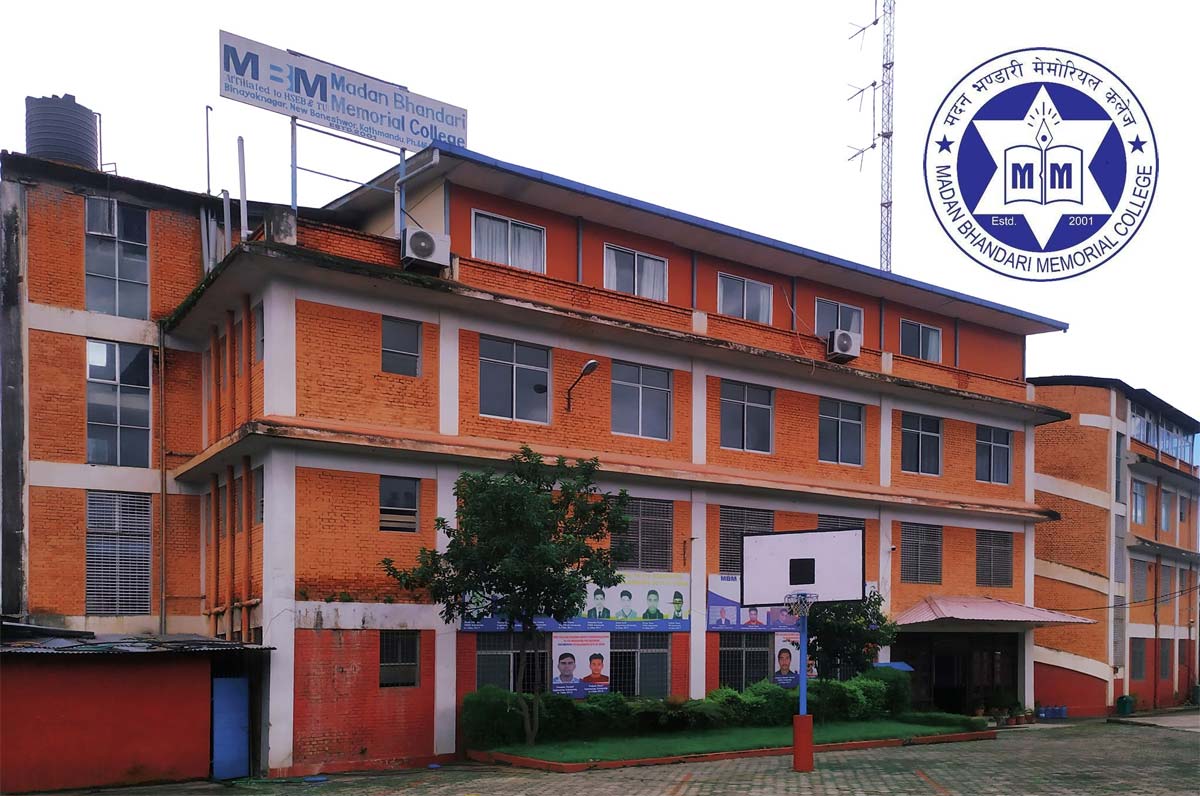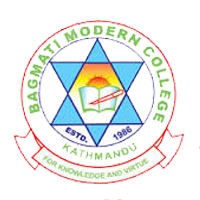Overview
Bachelor of Business Studies (BBS) at Madan Bhandari Memorial College, New Baneshwor, Kathmandu
BBS at Madan Bhandari Memorial College (MBMC), New Baneshwor, Kathmandu follows Tribhuvan University’s Faculty of Management 4-year annual system.
Students cover compulsory, core, and concentration courses with a final project. The program serves Nepali students who want a clear route into accounting support, finance operations, marketing assistance, or administration in public or private offices. Graduation rules, attendance requirements, and course lists are set in the official syllabus.

Introduction
BBS at MBMC builds broad managerial knowledge through yearly papers in communication, economics, statistics, law, accounting, marketing, finance, research, and a concentration area. The annual model suits students who prefer longer teaching windows before final exams.
A final project in the fourth year links classroom theory to a short field study or organizational assignment.
Highlights
-
Four academic years under the annual examination system of TU.
-
Compulsory courses in language, statistics, economics, law, and communication.
-
Core courses in accounting, marketing, management, finance, organizational behavior, taxation, research methods, and financial systems.
-
Three concentration papers from one functional area in the fourth year.
-
Final project with viva under campus research oversight.
Curriculum Details
Course composition
The syllabus lists three blocks: compulsory, core, and concentration. Compulsory courses include Business English, Business Statistics, Microeconomics and Macroeconomics for Business, Business Law, and Business Communication. Core courses include Financial Accounting and Analysis, Cost and Management Accounting, Principles of Management, Fundamentals of Marketing, Fundamentals of Financial Management, Organizational Behavior & Human Resource Management, Business Environment and Strategy, Taxation in Nepal, Business Research Methods, Entrepreneurship, and Foundation of Financial Systems.
Concentration choices
Students select any one area among Accounting, Finance, Marketing, or Management and complete three advanced papers within that stream in the fourth year. Course codes and titles appear in the official document, such as Advanced Financial Accounting and Auditing in Accounting; Corporate Finance and Investment in Finance; Selling, CRM, and Services Marketing in Marketing; and options like International Business and Project Management in Management.
Year-wise plan
-
First year: English, statistics, microeconomics, financial accounting, principles of management.
-
Second year: business communication, macroeconomics, cost and management accounting, organizational behavior & HRM, financial management.
-
Third year: business law, foundation of financial systems, business environment and strategy, taxation in Nepal, fundamentals of marketing.
-
Fourth year: entrepreneurship, three concentration papers, business research methods (50 marks), and final project (50 marks).
Objectives
-
Build a general management perspective across key functions.
-
Encourage practical thinking for Nepal’s business environment.
-
Support progression into entry-level roles or postgraduate study.
Scope
BBS graduates handle office accounting support, procurement or store record tasks, sales coordination, or administrative roles. Concentration papers provide additional depth for roles in audit support, bank operations, marketing communication, or project coordination.
Learning Outcomes
-
Prepare business documents and short reports with standard formatting.
-
Read basic financial statements and apply cost or tax ideas in routine scenarios.
-
Explain market concepts and relate them to local channels and customer behavior.
-
Plan a small field study for the final project and defend findings in a viva.
Skill Development Modules
-
Spreadsheet work for accounting and simple financial analysis.
-
Short presentations in communication-heavy courses.
-
Basic research tasks to support the fourth-year project.
-
Case incidents on taxation in Nepal and business environment topics.
Teaching Methodology
The syllabus encourages a mix of lectures, group discussions, problem-solving exercises, guest talks, practical work, and a final project under campus research supervision. MBMC runs internal tests that keep students exam-ready and posts schedules for viva and project submission as per the research committee’s plan.
Admission Requirements
-
Completion of 10+2 in business/commerce or an equivalent program from a recognized board or university.
-
Campuses may set additional criteria as allowed by the Faculty Board.
-
Applicants submit transcripts, character certificate, and required identification as per the intake notice.
Examination, Attendance, and Graduation Rules
-
Final evaluation: annual examinations conducted by TU’s Office of the Controller of Examinations.
-
Minimum attendance: 70 percent for annual programs.
-
Exam sequence: a student must appear in the first-year final examination before the second-year examination.
-
Division standards: from third to distinction based on percentages.
-
Graduation: completion of 19 courses (1950 marks) plus a 50-mark final project, with separate passing scores in theory and practical/project components.
Career Opportunities
-
Accounting and billing support in trading firms, schools, and service companies.
-
Bank or cooperative counter roles that involve document checks and simple reports.
-
Sales and distribution assistance for local brands and wholesalers.
-
Administrative coordination in NGOs or local bodies that require careful record keeping.
-
Entry to postgraduate programs such as MBS or MBA, subject to the relevant entrance process.
Scholarships and Financial Aid
MBMC publishes intake-wise scholarship categories. Some awards follow merit lists; others address financial need or inclusion. Students should keep mark sheets, citizenship or ID, and passport-sized photographs ready when scholarship windows open.
Why Choose This Course?
BBS offers a steady, annual-exam route for students who prefer longer teaching blocks and one final exam cycle per year. The TU syllabus lays out course names, year-wise plans, and project rules, which reduces uncertainty. MBMC’s location supports daily travel from across the valley and gives access to local organizations for fourth-year projects.
Conclusion
BBS at Madan Bhandari Memorial College gives you a structured four-year plan with compulsory, core, and concentration subjects plus a final project. The official syllabus specifies admission, course lists, attendance, evaluation, and graduation, which helps you plan study hours and documents ahead of time. Students who want general management knowledge with clear yearly milestones will find BBS a dependable path.
FAQ
How long is the BBS program?
Four academic years under the annual examination system.
What are the main subject blocks?
Compulsory, core, and concentration courses, followed by a final project and viva.
What attendance is required?
Annual programs list a 70 percent minimum attendance to qualify for the final exam.
Is there a final project?
Yes. Fourth-year students complete a field-based project, submit a report, and defend it.
Who conducts exams?
The Office of the Controller of Examinations, Tribhuvan University conducts the annual examinations.























